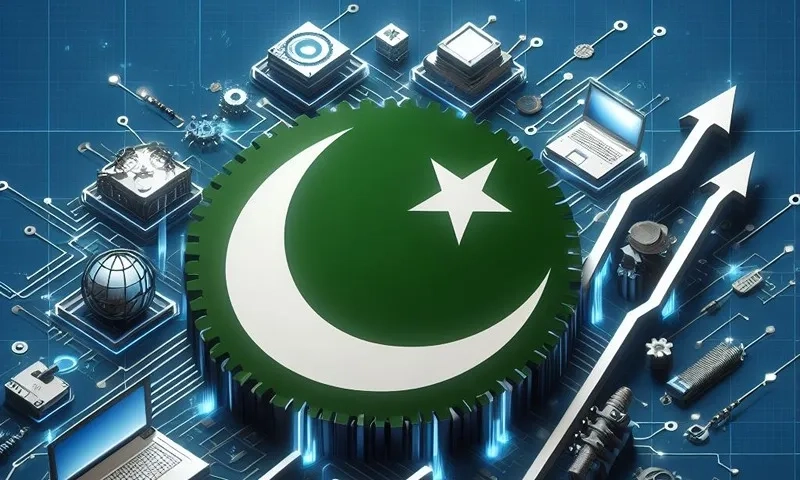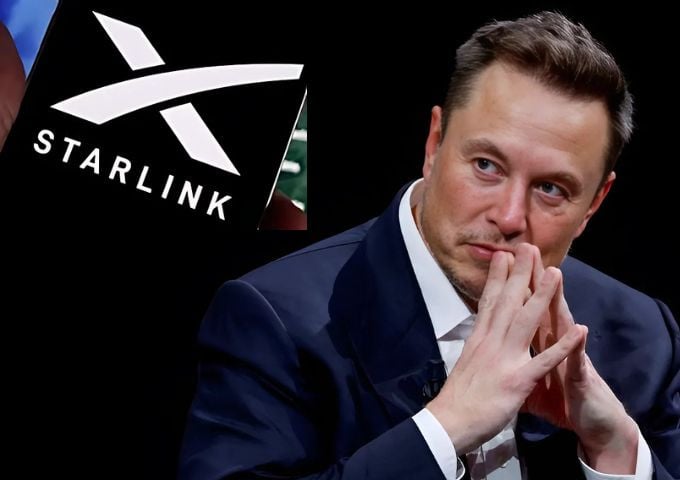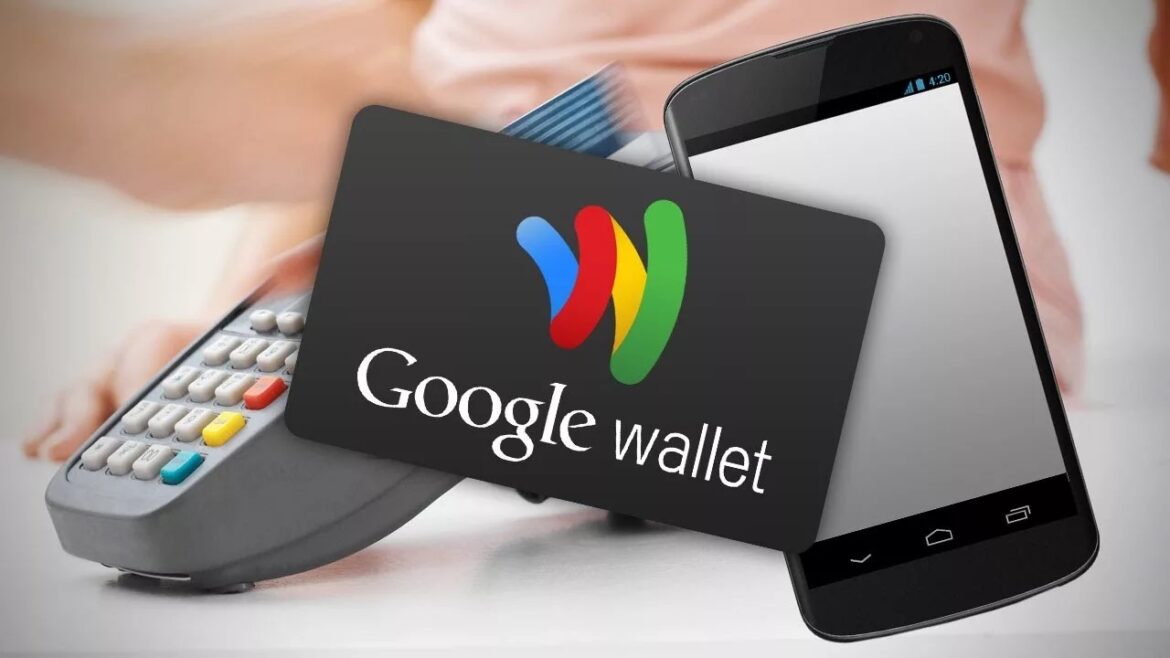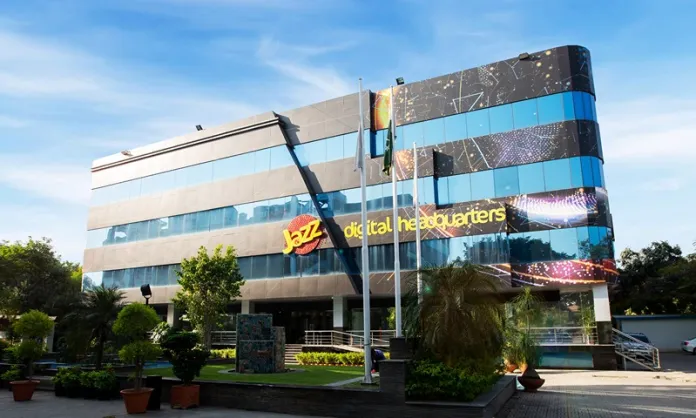Pakistan’s IT exports boomed to $342 million, setting a new record. In March 2025, the country’s information technology (IT) exports surged to an all-time high of $342 million, marking a 12% increase both year-on-year and month-on-month. This remarkable milestone highlights the sustained momentum driving the industry forward for the 18th consecutive month since October 2023.
According to Topline Securities, this performance not only exceeds expectations but also surpasses the 12-month average of $311 million. Clearly, the sector is showing robust and consistent growth.
What’s Fueling the Surge?
Several key factors are contributing to this exceptional rise in IT exports:
-
Expanded Global Client Base: Pakistani tech firms are rapidly gaining traction in the Gulf Cooperation Council (GCC) region, as well as North America and Europe, allowing them to tap into high-value markets.
-
Favorable SBP Policies: The State Bank of Pakistan (SBP) increased the permissible retention limit in Exporters’ Specialized Foreign Currency Accounts from 35% to 50%, enabling firms to reinvest more efficiently.
-
Equity Investment Abroad (EIA): The introduction of the EIA category empowers IT companies to acquire stakes in foreign ventures using up to 50% of their foreign currency proceeds—boosting both confidence and international presence.
-
Stable Rupee Performance: The relatively stable exchange rate has further encouraged exporters to repatriate a larger share of their profits, strengthening Pakistan’s financial outlook.
-
Global Presence: Moreover, participation in international tech events like LEAP 2025 in Saudi Arabia and Web Summit Qatar 2025 has amplified Pakistani innovation on a global platform.
Key Stats to Note:
-
March 2025 IT export earnings: $342 million
-
Total IT exports for 9MFY25: $2.8 billion (24% YoY increase)
-
Net IT exports (exports minus imports): $311 million
-
Daily export proceeds in March: $18.0 million (up from $16.1M in February)
-
Specialized FCY accounts: 62% of IT firms maintain one
What’s Next for Pakistan’s Tech Industry?
Looking ahead, industry analysts remain optimistic. They project a continued growth trajectory of 10–15% for FY25, with total IT exports potentially reaching between $3.5 to $3.7 billion by year-end.
Additionally, under the government’s ambitious ‘Uraan Pakistan’ strategy, the long-term objective is to achieve $10 billion in IT exports by FY29. This target, though challenging, is within reach if the current compound annual growth rate (CAGR) of 28% is sustained.
Conclusion:
Ultimately, the record-breaking performance in March 2025 demonstrates that Pakistan’s digital economy is rapidly evolving. Backed by forward-looking policies, a skilled workforce, and an expanding global footprint, the country is on a clear path to becoming a top-tier global IT exporter. As the world watches, Pakistan’s tech industry is proving it’s ready for the spotlight.




